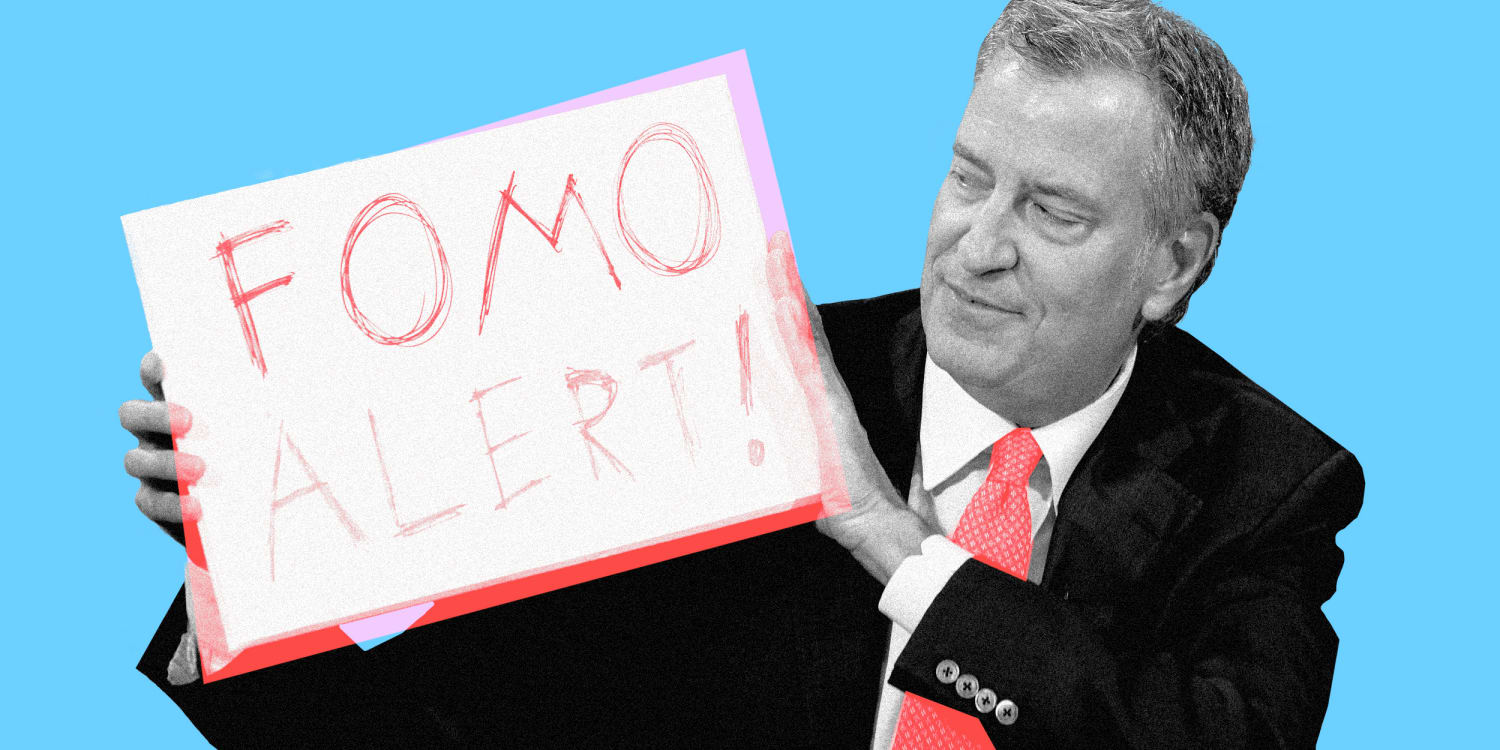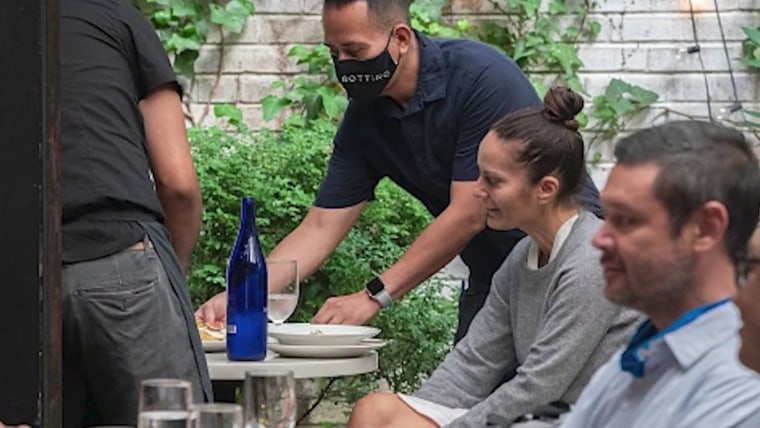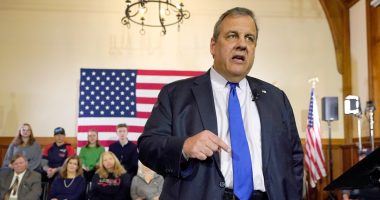At a news conference last month, New York Mayor Bill de Blasio held up a handmade sign that read “FOMO ALERT!” in red and blue capital letters. His goal? To convince tourists and locals alike that they’d be crazy to miss out on a “historic” series of August concerts he pitched as a sort of late-pandemic Woodstock. While this made-for-social-media moment largely fell flat, it offered proof that de Blasio is a big believer in the persuasive power of FOMO, or Fear of Missing Out. And with coronavirus infections once again rising across America, understanding this psychological phenomenon could be key to fighting back.
FOMO is an anxiety, often fueled by social media, that others are having more rewarding experiences than you. When I coined the term in the early 2000s as a student at Harvard Business School, I never expected to one day see it in the dictionary. Unbeknown to me, at the same time I was preoccupied with missing out on job interviews and parties, an undergrad named Mark Zuckerberg was just across the Charles River working hard on a new website called thefacebook.com. Zuckerberg and his invention introduced FOMO to the masses, and the term has since become a fixture in pop culture, in Merriam-Webster — and in the work of clinical psychologists.
De Blasio’s faith in the coercive power of the fear of missing out is once again making headlines. That’s because FOMO is de Blasio’s secret weapon in the battle to save the city from the delta variant of the coronavirus. The mayor has declared that New York will become the first municipality in the country to implement a vaccine passport. With the implementation of the Key to NYC Pass, New York City residents and visitors will soon be required to show proof of at least one dose of a coronavirus vaccine to access social experiences such as indoor dining, gyms and performances.
Although de Blasio didn’t hold up a sign reading FOMO as he made this latest announcement, he might as well have. “This is a miraculous place literally full of wonders, and if you’re vaccinated, all that’s going to open up to you. You’ll have the key. You can open the door,” he said. “But if you’re unvaccinated, unfortunately you will not be able to participate in many things.” In other words, if you have been vaccinated, your life is going to be a mash-up of “Sex in the City,” “Billions” and, if you’re really lucky, “The Muppets Take Manhattan.” (Or something like that.) If you don’t, you might as well move to New Jersey.
While de Blasio remains a famously unpopular figure, his embrace of the vaccine passport shows that he’s a keen observer of the human condition. Although the acronym to describe it is new, the impulses behind the fear of missing out aren’t. Humans are hard-wired to feel FOMO. Our earliest ancestors lived in tribes and were aware of what they had and what they didn’t have but needed to live another day. If you were cast out of the group or left out of the flow of vital information, you were in danger. You knew that you needed to run in a pack — you needed inclusion — to thrive.
This instinct was historically a manifestation of the survival of the fittest, but it has now morphed into something else: a desire to feel part of the group and to be in the know. Basically, it’s the emotional equivalent of picking teams back in elementary school gym class. No one wanted to be picked last, the equivalent of being cast out of the group, and fitting in became its own form of emotional survival. In the same way, almost no one wants to sit home while the rest of the society is eating at restaurants, going to the gym, resuming its pre-pandemic rituals — and posting about it on social media for all the unvaccinated to see.
De Blasio suspects that famously independent New Yorkers will get the point quickly. But what about the rest of America? Just months ago, demand for vaccines far outstripped supply, and photos of vaccination cards became the hottest trend on social media. Those days are long gone. Now, convincing the 30 percent of adults who haven’t yet gotten their shots is imperative. While initiatives such as incentive payments, public education campaigns and community outreach have yielded some results, the combined effects of misinformation, skepticism and fear have allowed the delta variant to rip through the country unchecked, with particular virulence in regions with low vaccination rates. Given the impending crisis, policymakers are raising the stakes by using the threat of exclusion to tap into a primal fear — FOMO — that is deeply imprinted on our collective psyche.
While de Blasio’s FOMO strategy may seem experimental or even speculative on the surface, similar initiatives have proven successful elsewhere. In the two weeks after French President Emmanuel Macron announced similar restrictions for the unvaccinated, nearly 5 million people got first doses and more than 6 million got second doses. Italy has followed France’s lead with similar efficacy. Now that New York has taken action, it is likely that other states and municipalities across the U.S. and around the world will soon follow suit.
And if de Blasio’s bet pays off, he will end his administration having proven an important point to both the country and the world: exploiting our vulnerability to FOMO to combat our vulnerability to Covid-19.
Source: | This article originally belongs to Nbcnews.com










